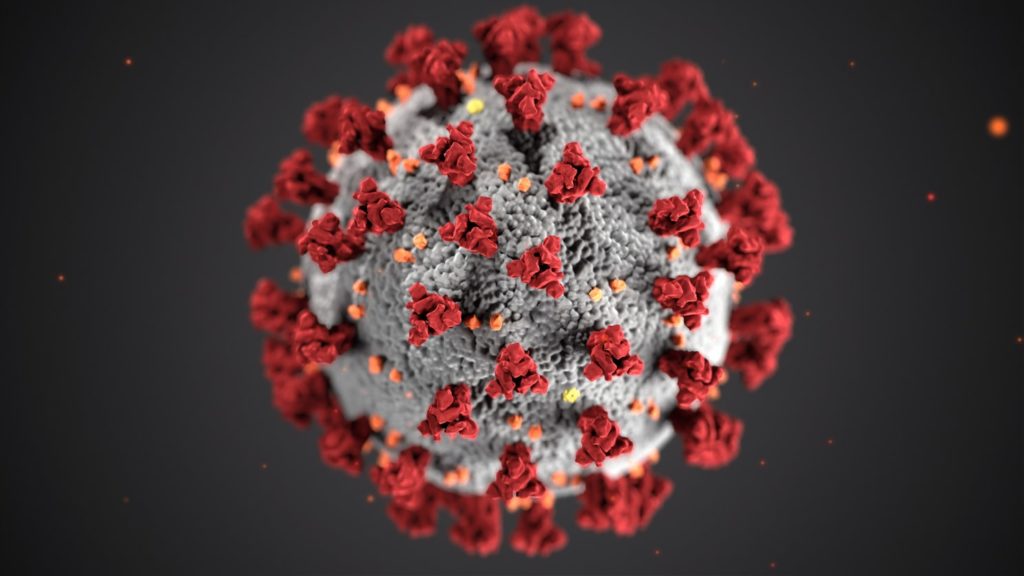South Africa has recorded an increase of 13,155 new Covid-19 infections over a 24 hour cycle with the total cases now standing at 1,823,319. A total of 112 people have succumbed to the virus, taking the country’s death toll to 58,702.
The recovery rate is at 90.4% with 1,647,503 people having recuperated so far.
The number of Covid-19 vaccines that have been administered thus far stands at 2,141,624.
Vaccine rollout in the education sector
According to EWN, vaccines will be delivered to various provinces on Monday to prepare for the official vaccine rollout in the education sector this week as 300,000 Johnson & Johnson doses have been set aside for those employed in the sector, with more jabs expected to arrive this week.
The Basic Education Department announced that it plans on vaccinating over 500,000 staff in the education sector, and the programme is scheduled to take effect from Wednesday, June 23 until July 8.
The South African Democratic Teachers Union (Sadtu) and lobby group Equal Education have welcomed the plan to vaccinate teachers this week.
“It is important and we are happy and will continue to monitor the rollout of the vaccinations because it is important that teachers are protected as best as they can by government,” said Equal Education’s general secretary, Noncedo Madubedube.
The Western Cape Education Department (WCED) expressed similar sentiments, affirming that it’s prepared for the distribution of vaccines to staff.
“Vaccinating our staff will reduce the risk of them becoming seriously ill and making our schools safer places, giving us confidence of returning our schools to normal timetabling,” said MEC Debbie Schäfer.
EWN adds that as of last week Monday, the WCED reported 148 cases among staff at schools and 546 active pupil cases since Friday as reported by the schools.
Meanwhile, on Saturday, Basic Education Minister Angie Motshekga told the media that the decision to return foundation phase leaders to full-time schooling was adequately discussed within the sector, IOL reports.
“We were guided by various studies which looked into the teaching and learning losses already suffered in the sector; the scientific evidence regarding the impact of Covid-19 on younger children; as well as the advice from the medical fraternity.
“Cabinet approved and supported the proposal by the sector, to prepare for the return of traditional time-tabling at primary school level with effect from the first day of the third school term on July 26, 2021.
“We gave ourselves two months to prepare for this mammoth task. At the moment, provinces are at various stages of readiness in terms of the return of all primary school learners to school on a daily basis.
“We are aware that there are many variables that will make this task a success. The DBE is currently holding one-on-one sessions with each provincial education department to check on their state of readiness,” Motshekga said.
Third wave in the Western Cape
Western Cape Premier, Alan Winde also has urged all citizens to play their part in ensuring that the virus slows down.
“I think if you look at where we are at the start of this third wave, I think the restrictions are sufficient. We all have to take this very, very seriously from a citizen responsibility point of view.
“I would actually like a lighter touch rather than a heavier one, but that all depends on whether we as citizens of the province all play our part in making sure that we slow down this virus,” said Winde.
His viewpoints were supported by the head of the Western Cape Health Department, Dr Keith Cloete, who stated that the biggest driver of the infections relates to not masking or sanitising.
As reported by IOL, Cloete said: “It is actually quite sad that we need Alert Level 3 restrictions for people to adhere to. If we had stuck to the Level 1 restriction without someone having to police us, we would have curbed a lot of new infections.
“It’s not just about the level of restrictions, it is the adherence to the practice, which is good practice of stopping the spread,” he added.
How to register for the Covid-19 vaccine
In order to receive the Covid-19 vaccine, it’s necessary to complete online registration on the Electronic Vaccine Data System (EVDS).
The person who has registered will then receive an SMS with information on which vaccine site they should attend. A South African ID, passport or asylum seeker/refugee number must be used to register for the vaccine.
Visit www.westerncape.gov.za to register for the Covid-19 vaccine and click on the link, or *134*832# and follow the prompts (free on all South African networks). Additionally, you could WhatsApp the word REGISTER to 0600 123456.
If you are over 60 and have registered for your Covid-19 vaccine, you can expect:
- An SMS confirming your registration.
- A second SMS with an appointment date and the place.
- To get vaccinated with your first dose.
- To be given a proof of vaccination card.
- To be given an appointment date for your second dose (if a two-dose vaccine applies).
Picture: Unsplash

